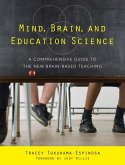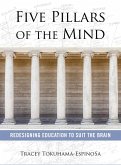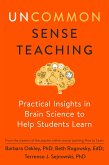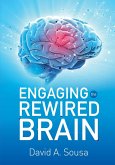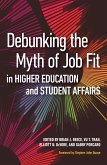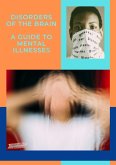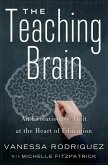A guide to the science behind the art of teaching.
Not every teaching method touted as "brain-friendly" is supported by research findingsand misconceptions about the brain have the capacity to harm rather than help.
In her new book, Tracey Tokuhama-Espinosa untangles scientific fact from pedagogical fiction, debunking dozens of widely held beliefs about the brain that have made their way into the education literature. In ten central chapters on topics ranging from brain structure to classroom environments, the text traces the origins of common neuromythsfrom categorizing individuals as "right-brained" or "left-brained" to prevailing beliefs about multitasking or the effects of video gamesand corrects the record with the most current state of knowledge.
Rather than offering pat strategies, Tokuhama-Espinosa challenges teachers curious about the brain to become learning scientists, and supplies the tools needed to evaluate research and put it to use in the classroom.
Hinweis: Dieser Artikel kann nur an eine deutsche Lieferadresse ausgeliefert werden.
Not every teaching method touted as "brain-friendly" is supported by research findingsand misconceptions about the brain have the capacity to harm rather than help.
In her new book, Tracey Tokuhama-Espinosa untangles scientific fact from pedagogical fiction, debunking dozens of widely held beliefs about the brain that have made their way into the education literature. In ten central chapters on topics ranging from brain structure to classroom environments, the text traces the origins of common neuromythsfrom categorizing individuals as "right-brained" or "left-brained" to prevailing beliefs about multitasking or the effects of video gamesand corrects the record with the most current state of knowledge.
Rather than offering pat strategies, Tokuhama-Espinosa challenges teachers curious about the brain to become learning scientists, and supplies the tools needed to evaluate research and put it to use in the classroom.
Dieser Download kann aus rechtlichen Gründen nur mit Rechnungsadresse in A, D ausgeliefert werden.
Hinweis: Dieser Artikel kann nur an eine deutsche Lieferadresse ausgeliefert werden.



